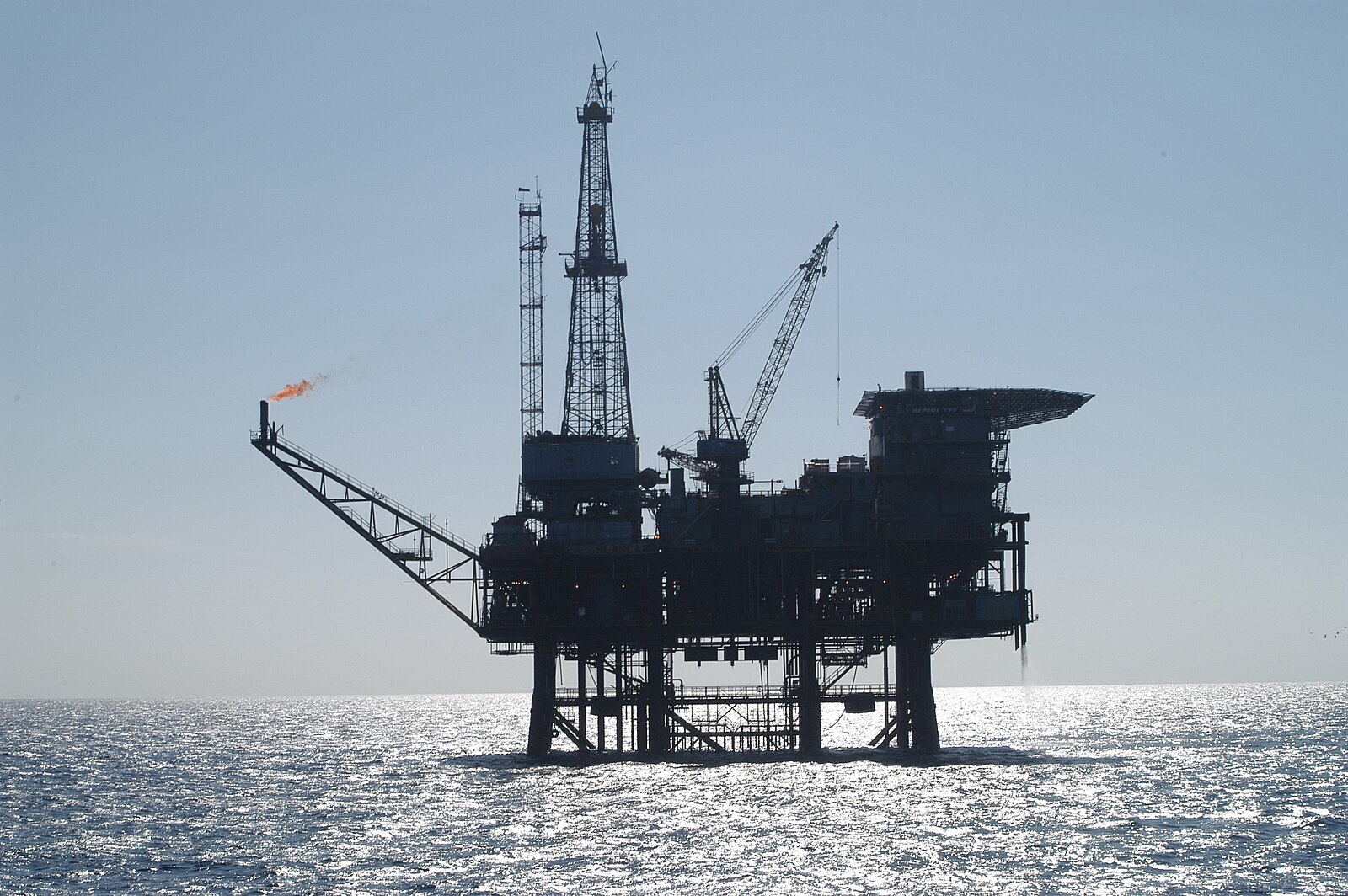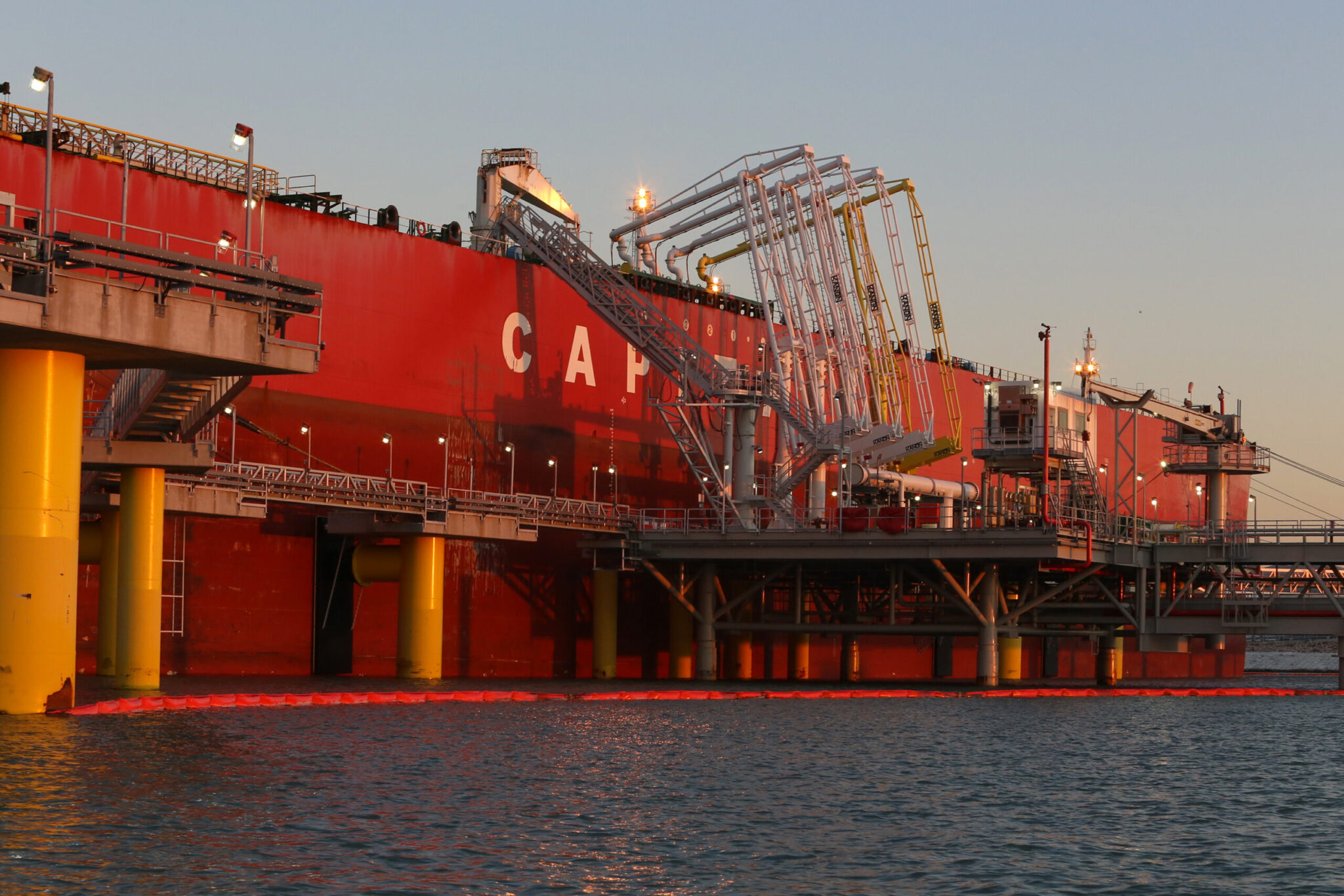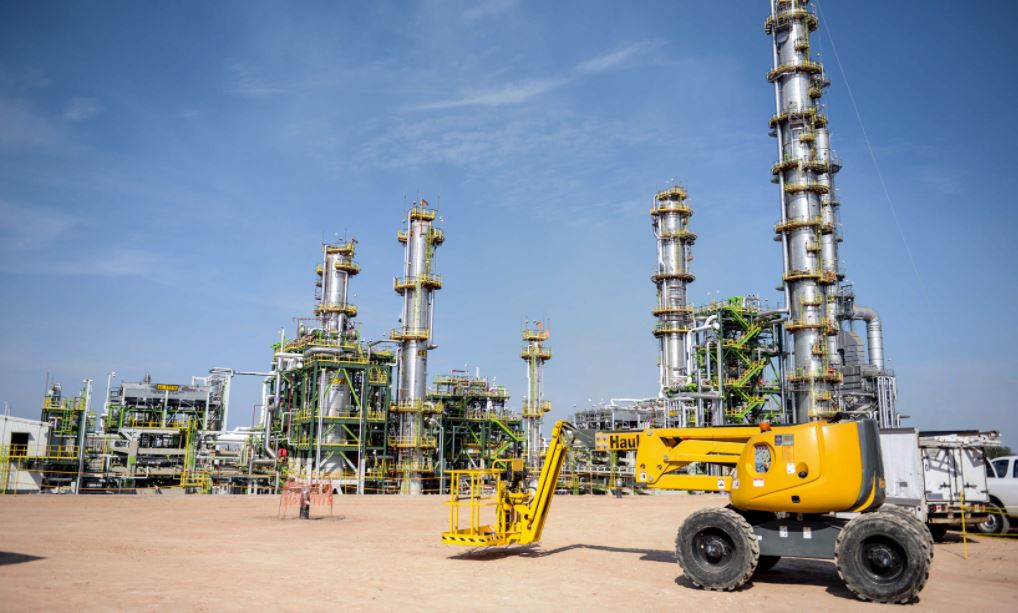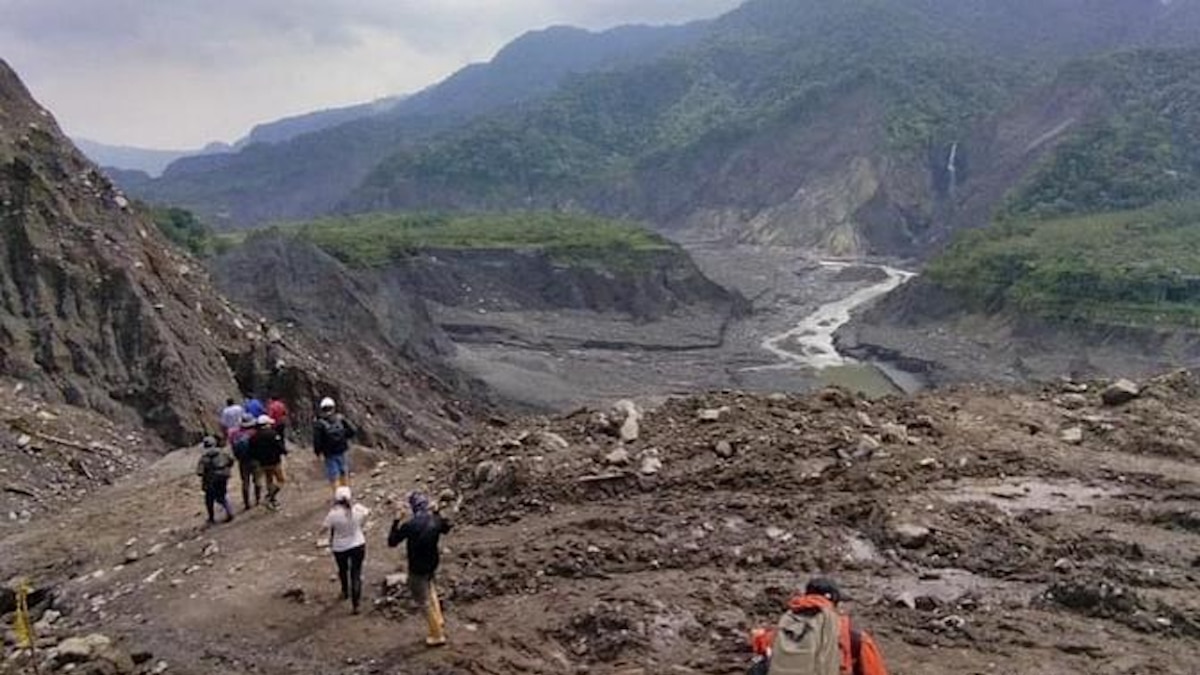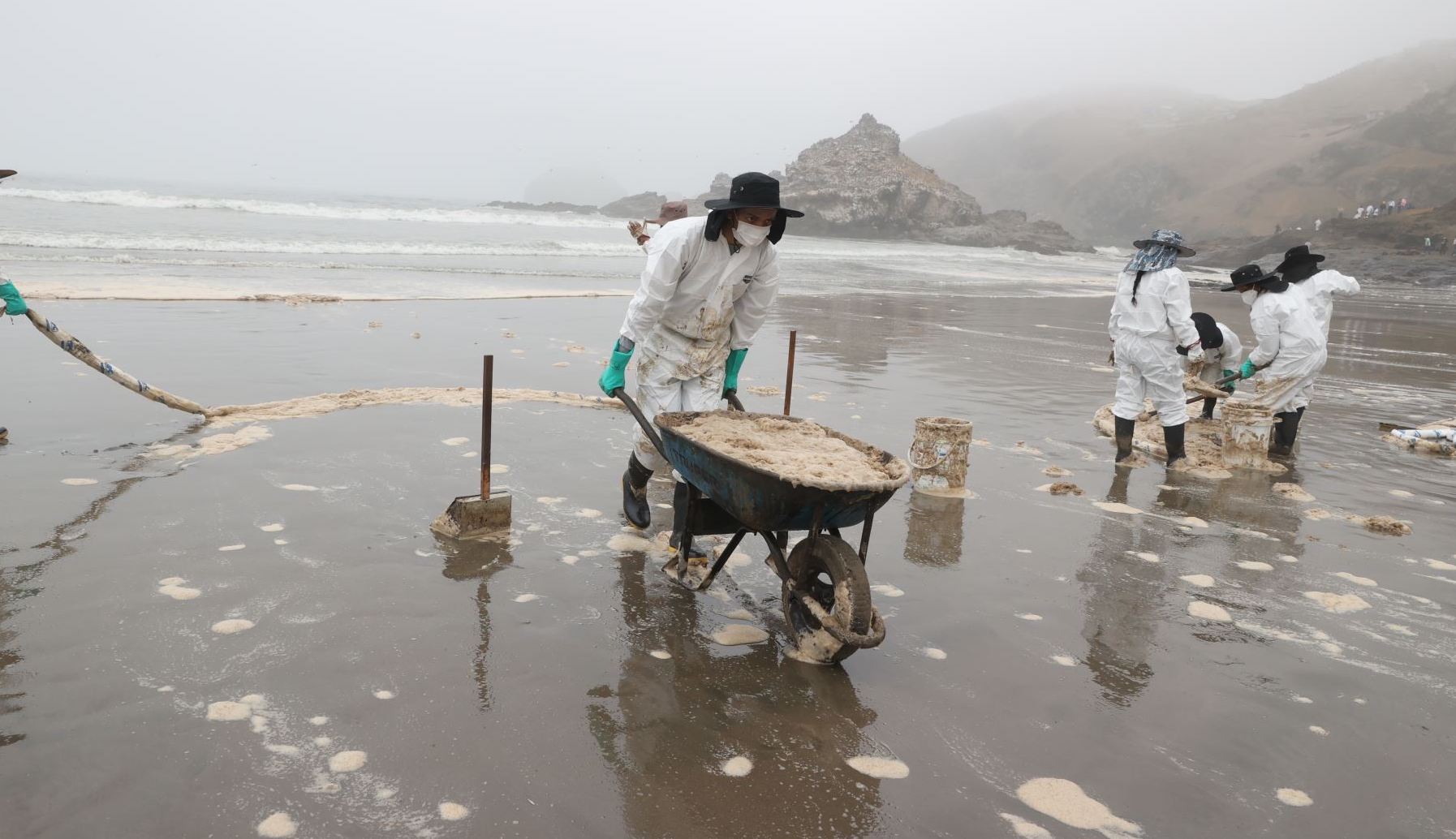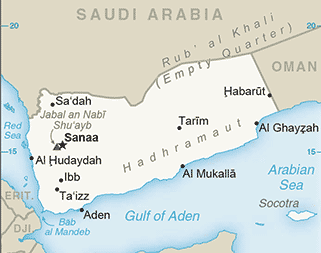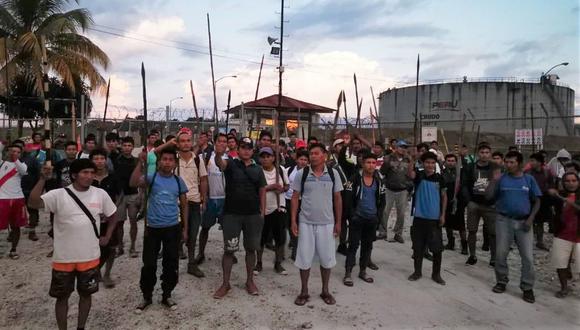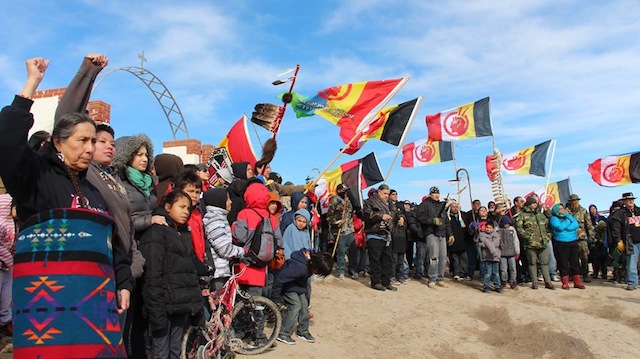
Houthi attacks on Red Sea shipping condemned as war crimes
Human Rights Watch criticized renewed attacks launched by Yemen’s Houthi rebels on commercial cargo ships in the Red Sea. HRW characterized the recent attacks—one deadly—as war crimes, and called for their immediate cessation as well as the release the crew members in Houthi custody. Houthi authorities claimed one of the attacked ships, which was returning from delivering aid to Somalia, was headed for the Israeli port of Eilat. However, this has not been corroborated. (Map via PCL)



